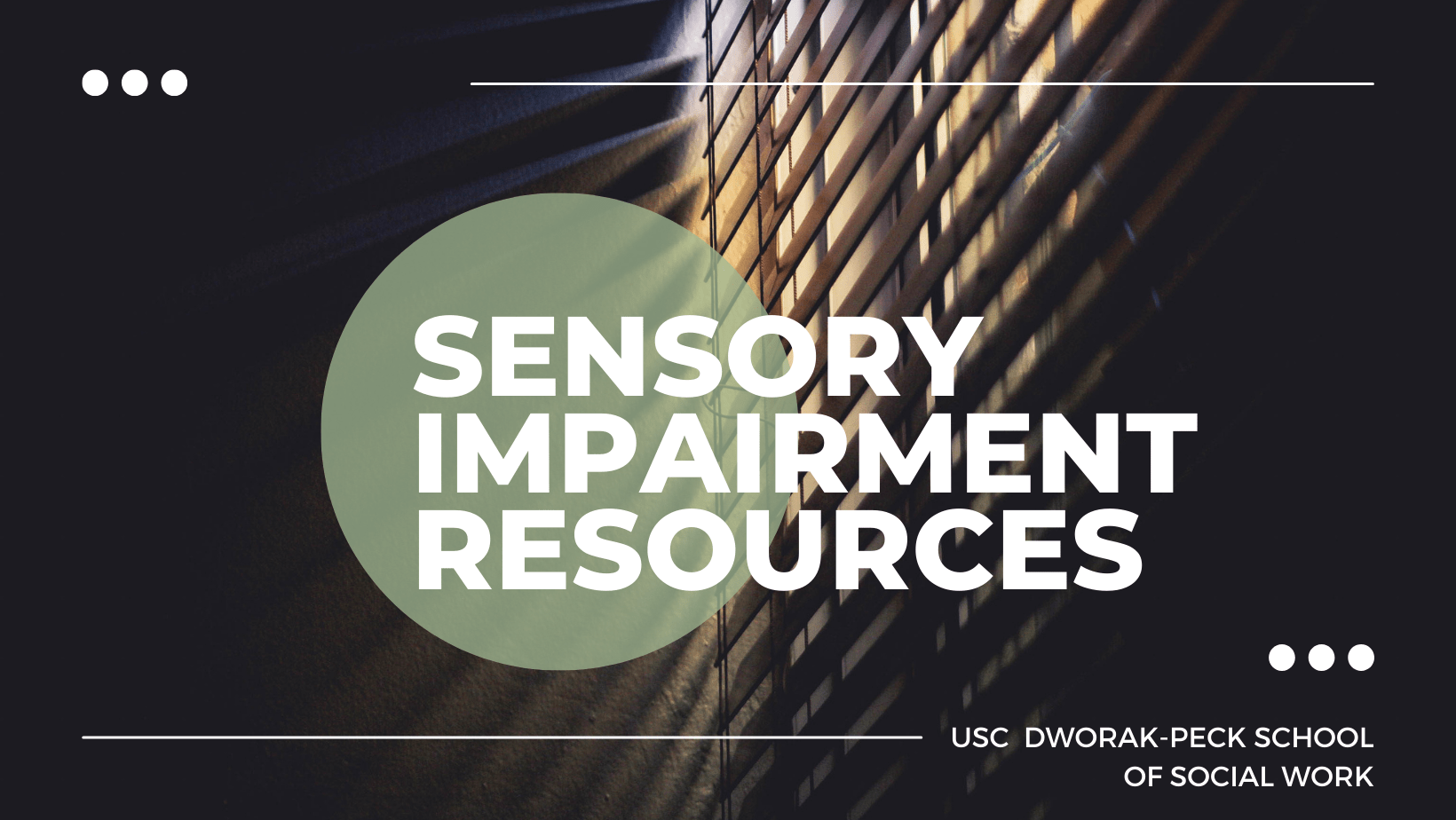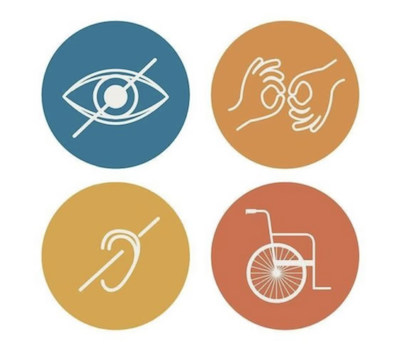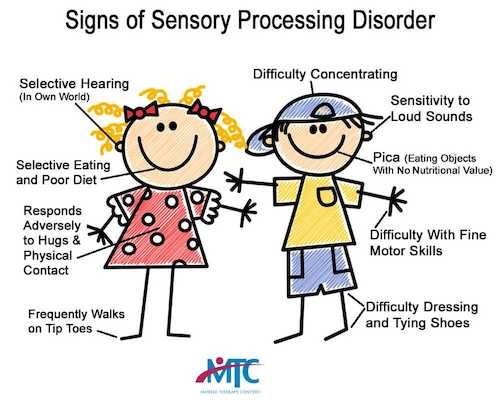Sensory Impairments
Sensory Impairment
Learn More
Research Article: Sensory Impairment and Mental Health by Margaret du Feu and Kenneth Fergusson
Those with and without sensory impairment need the same access to mental health services and this is particularly difficult to achieve for deaf and deaf–blind people.
Deafblindness – the psychosocial impact makes it core social work
An Ageing population means practitioners are more likely to work with people experiencing what’s fast becoming no longer a ‘minority impairment’. By Peter Simcock, Jacqui Bond and Liz Duncan
Article: Common mental illness in people with sensory impairment: results from the 2014 adult psychiatric morbidity survey
By Natalie Shoham, Gemma Lewis, Sally McManus, and Claudia Cooper
People with sensory impairments may be at increased risk of depression and anxiety but experience barriers to accessing treatment.
Article: How social workers can improve practice with deafblind people
All of us will know or work with an older person who doesn’t see or hear very well. It is easy to assume that this is ‘part of getting older’ and that there is nothing much that can be done to support them. But this isn’t the case, and there is a raft of support out there for older people with sensory loss.
Book: Sensory Awareness and Social Work
Article: Removing Barriers to Mental Health Service Utilization for Individuals with Sensory Impairments by Kery Silva (https://scholarworks.lib.csusb.edu/etd/993/)
Professional Resources
Article: A Professional’s Guide to Sensory Impairment
A guide for occupational therapists but helpful information for students.
Sensory Processing Disorder
Learn More
The Relevance of Sensory Processing Disorder to Social Work Practice: An Interdisciplinary Approach
by Katherine Walbam
Sensory processing disorder (SPD) is a disruption in the organization of sensory input, and affects up to three million children in the United States. SPD can have a serious impact on the ways that children behave, play, and learn, and yet, it may be overlooked or misunderstood by social work practitioners. The purpose of this article is to inform social work practice regarding SPD, strengthening the biological component of biopsychosocial assessment. After an introduction to the disorder, this article discusses differential diagnosis and practice implications, and concludes with a statement on interdisciplinary treatment.


